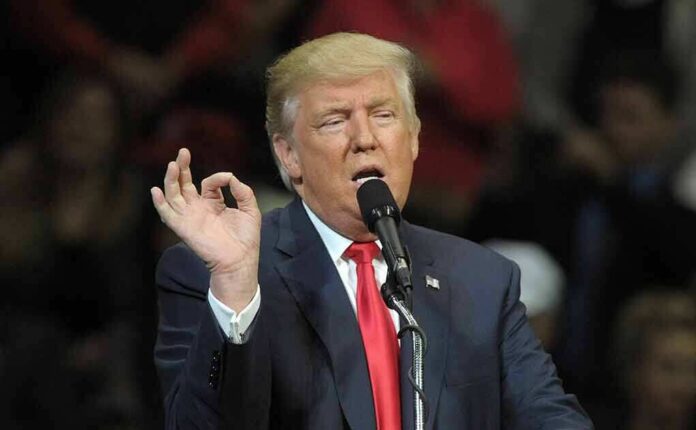
Proposed immigration reforms under President Donald Trump could decisively reshape Texas’ economic landscape and cultural diversity, leaving crucial unanswered questions.
At a Glance
- Trump aims to end birthright citizenship and deport millions of undocumented immigrants.
- Texas, with large immigrant communities and Republican backing, supports Trump’s policies.
- Significant economic disruptions might result, notably in construction and agriculture.
- Governor Abbott has implemented costly security measures like Operation Lone Star.
Crackdown on Immigration
President-elect Donald Trump has promised vigorous immigration reforms—including ending birthright citizenship and deporting a large number of undocumented immigrants. Such drastic measures find support in Texas, a state with a substantial immigrant population and Republican leadership who align with Trump. Notably, Texas is home to 5 million immigrants, of whom 1.6 million are undocumented, trailing only California in numbers.
Texas has independently enforced immigration laws, with Governor Greg Abbott taking extensive actions to secure the state’s borders. He has deployed state troopers and National Guard troops and funded the construction of a border wall, costing Texans $11 billion. In addition, Abbott’s initiatives include relocating migrants to Democrat-controlled cities, underscoring the state’s willingness to support Trump’s future plans.
Good @serrano_alej look at Trump's impact on Texas and immigration:
The state will almost certainly be a partner to Trump. But @GregAbbott_TX also signaled an openness to repurposing state's Operation Lone Star funds once Trump's policies are in place. https://t.co/TsCFINHrOq
— Matthew Watkins (@MWatkinsTrib) November 8, 2024
Economic Implications
Reforms could profoundly affect the Texas economy, especially in sectors heavily reliant on immigrant labor such as agriculture, construction, and hospitality. For instance, immigrants account for 18% of the Texas population and 40% of its construction workforce. Trump’s initiatives present potential risks to the workforce availability, jeopardizing these industries’ output and profitability.
The Biden administration has increased deportation activities, expedited removals, and cooperation with state and federal enforcement is anticipated to continue under Trump. Texas’ economic sectors might face severe labor shortages, sparking widespread disruptions.
Texas is positioned better than any state to help President-elect Donald Trump carry out his ambitious anti-immigration agenda.
But it is also vulnerable to those policy’s impacts. https://t.co/VUwqJ1oEM9
— Texas Tribune (@TexasTribune) November 8, 2024
Cultural and Social Changes
Beyond economics, Texas’ cultural landscape may experience shifts. Known for its rich immigrant history, the state’s diversity and multicultural heritage could be pressured by rigorous immigration controls. The harmonious integration and continuation of these influences risk being challenged, significantly altering the social fabric.
Historical precedents provide context; for instance, the 1950s saw mass deportation under the Eisenhower administration. Trump’s intentions might be inferred as an echo of established enforcement, albeit on a scale that Texas must navigate carefully to preserve its cultural richness.
Sources:
Texas May Be Center Stage for Trump’s Immigration Plans
Immigration and the macroeconomy after 2024
“Uncharted territory”: Trump’s anti-immigration plans could take center stage in Texas












